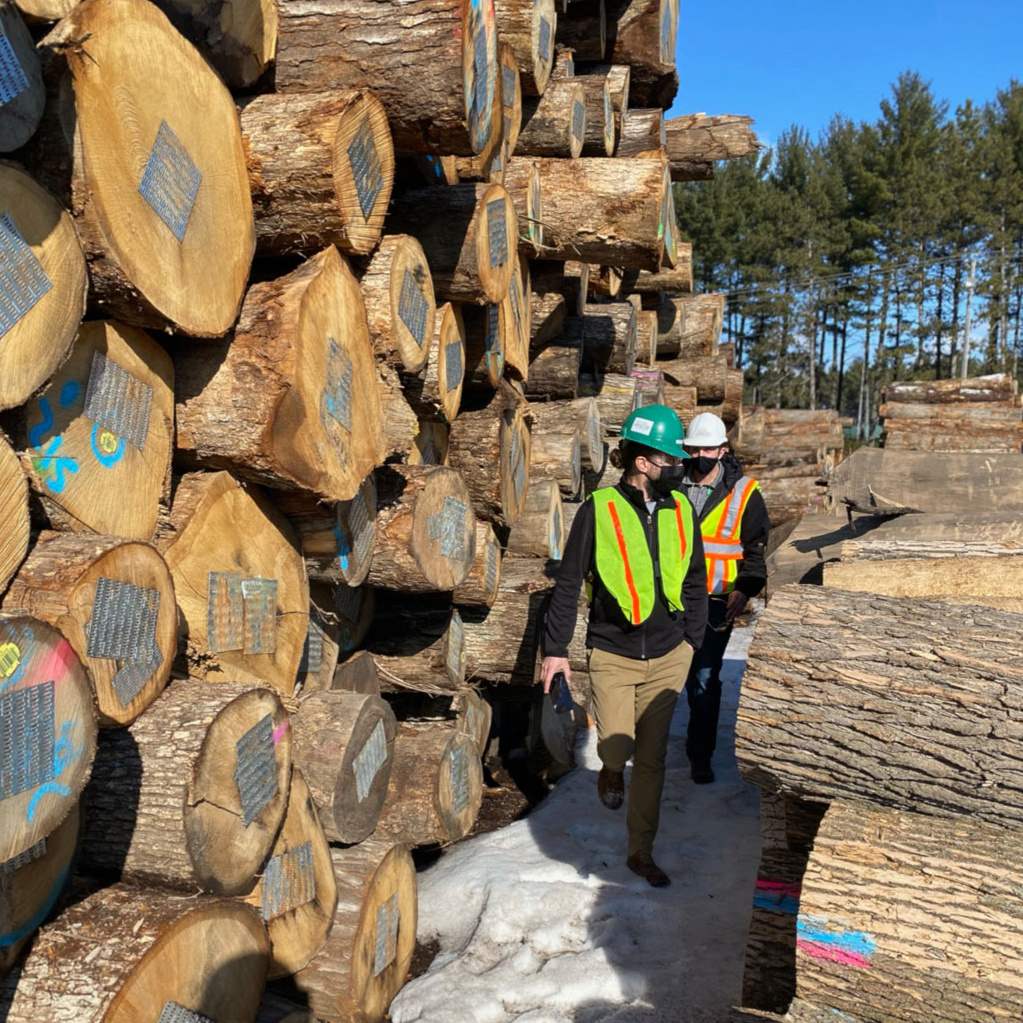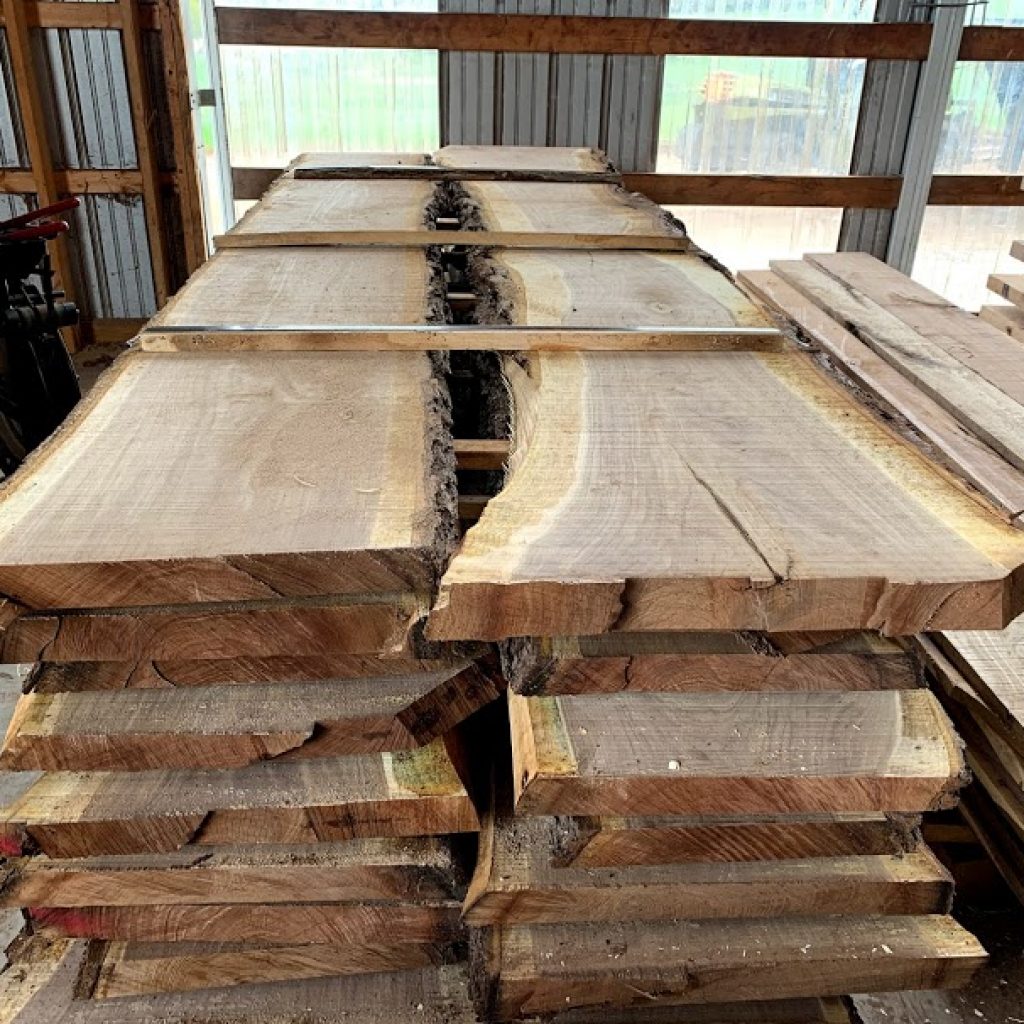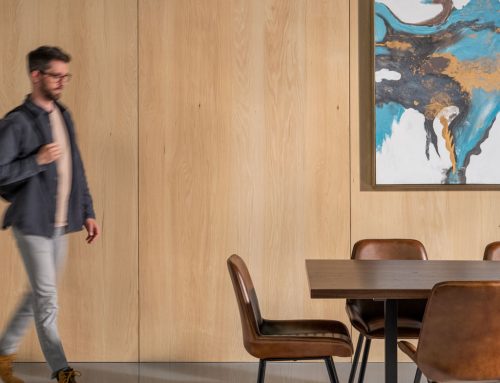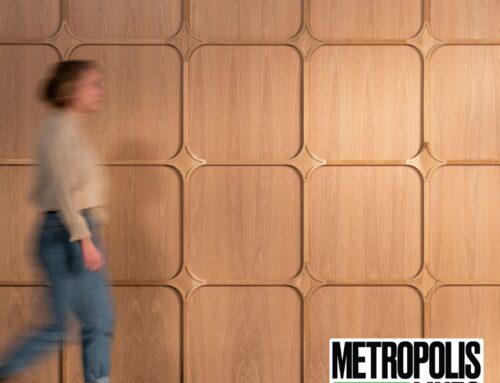The Beauty & Impact of Urban Wood
In addition to our reclaimed woods and forested lumber, Urban Evolutions has introduced “urban wood” to our product line. Our urban wood program involves working with municipalities to repurpose fallen city trees. From those trees, we create beautiful, live sawn wall paneling, flooring, and tabletops for commercial and residential spaces.

Urban wood’s impact includes:
- keeping carbon from being released into the atmosphere (a process known as carbon sequestration)
- creating jobs
- diverting felled trees from landfills
- reusing lumber resources
Turning trees into solid wood products provides the only long-term carbon storage option. While many municipalities have begun recycling trees into mulch or firewood, our urban wood program keeps the wood in solid board form.
In addition, repurposing urban trees into solid boards has the biggest impact on job creation for local communities. The urban wood process requires labor to re-saw, defect and dry the lumber and employs craftsmen and women to create products ranging from flooring, wall and ceiling cladding, to tables and furnishings.
Carbon Sequestration
Many of you know about carbon sequestration – in the case of salvaged wood, it is the natural process by which carbon dioxide is removed from the atmosphere by trees and held in solid form. The capture or sequestration of carbon dioxide from the atmosphere slows or may reverse atmospheric CO2 pollution, mitigating or potentially reversing global warming.
Carbon sequestration, when it comes to wood, simply means salvaging and maintaining lumber in lumber form, rather than letting it burn or decompose in a landfill or as mulch.
Diverting Waste From Landfills
Overall, wood accounts for around 10% of ALL material deposited in landfills annually.
Every year, the U.S. buries 33 million tons of wood-related construction and demolition debris in landfills, releasing five million tons of methane gas. Methane, by the way, releases 20 times more carbon than CO2 alone.
Wood recycling rates are a dismal 31%. If you subtract the wood that is burned and mulched rather than reused, it drops to just 8%. As a comparison, concrete and structural steel recycling rates are over 82%.
Choosing reclaimed or urban wood for your project or product ensures that those trees continue to store their carbon well into the future.
We are pleased to offer this local and sustainable alternative.

Contact Us



